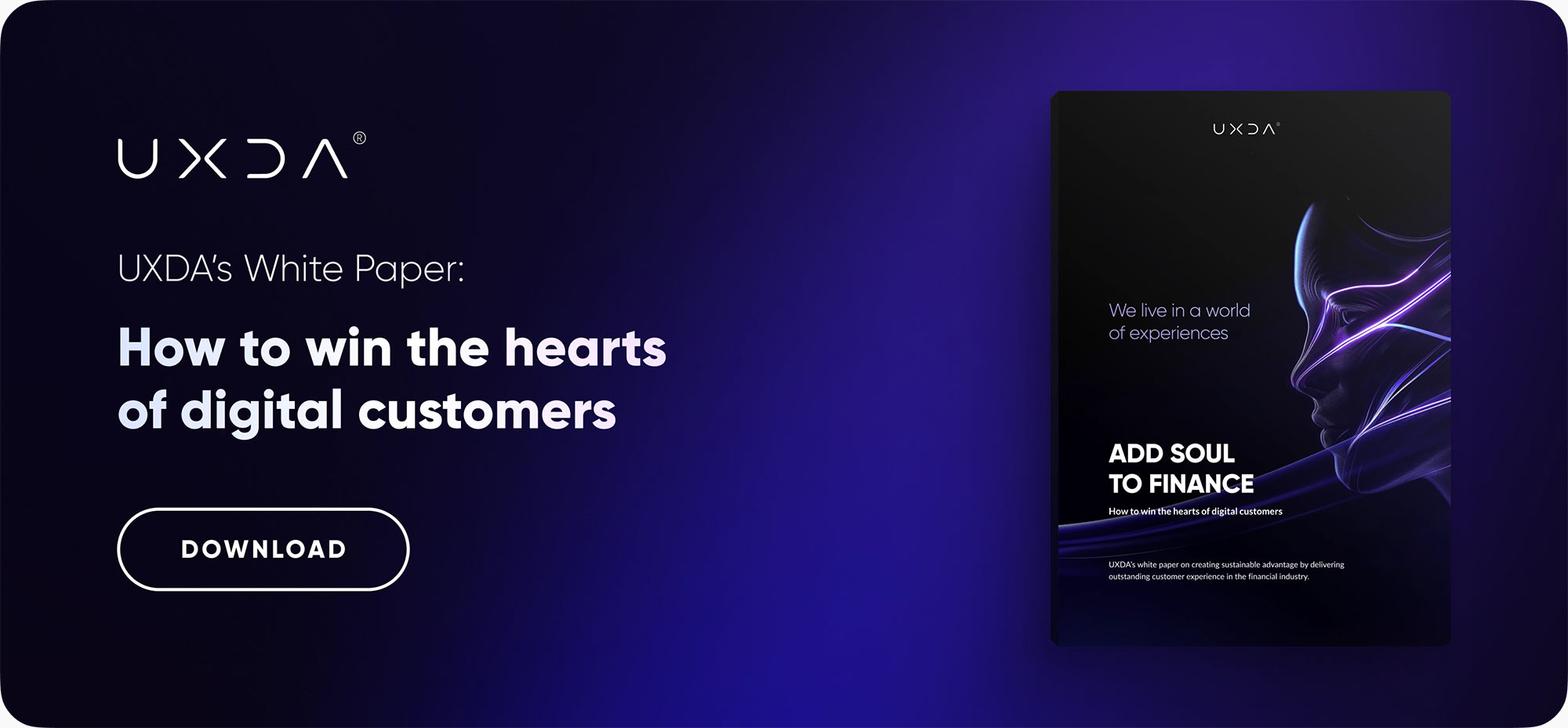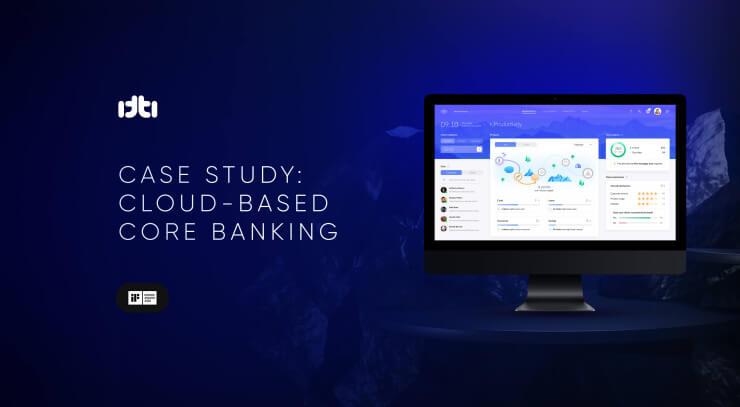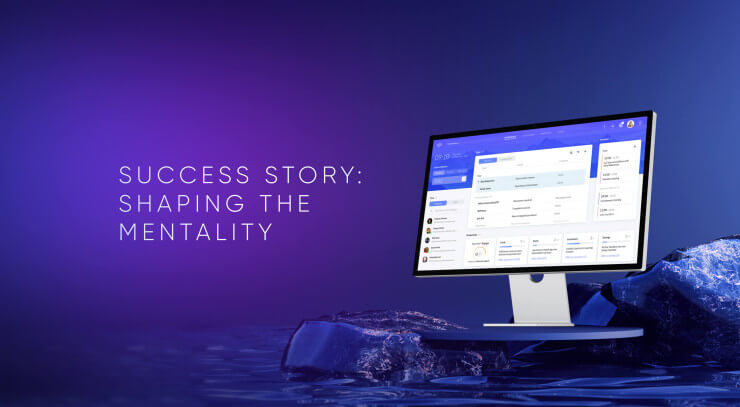An unpleasant thing recently happened to me. My Facebook account was stolen a few days ago despite 2FA. And now Facebook blocked it and needs 30(!) days to explore the situation and maybe unlock my profile. What if the same thing happens to your bank account?
Only at critical moments can you feel how much power Big Tech has on your life and how dependent we are on it. It has greatly improved our lives, allowing us to do in seconds what used to take days and months to do. So, against this backdrop, it's particularly surprising that it takes an entire month to deal with such a critical situation as an account hack and subsequent profile blocking.
I mostly use Facebook privately to interact with a small circle of people close to me, so my work, hobbies, leisure and routine do not directly depend on Meta services. Nevertheless, my access is restricted to multiple services through which I connect using my Facebook ID, including Oculus VR. I also have a UXDA business profile on the Facebook platform and have been using Messenger to communicate for over 10 years.
So, the disappearance of my Messenger profile has caused me noticeable inconvenience regarding the way I used to communicate; the removal of my Facebook account has raised issues with access to third-party services and questions and concerns among my friends and family; and the blocking of access to my company account has affected my ability to find employees and communicate with my UXDA followers on Facebook. Just imagine the painful consequences of a similar situation for more active online users for whom Facebook activity is a source of income and constant communication with clients.
Hackers gained access to my account by buying one of the old domains in which I had a Facebook-registered email ten years ago. They recreated my old email address and requested access from Facebook. After logging in, thieves published content that violated community rules in my feed and asked Facebook for an increase in the advertising budget to promote it. The social network’s algorithms kicked in automatic protection, and my Facebook and Messenger accounts were blocked for violating the rules. In response to my request, Facebook wrote that they would review the case within 30 days.
This example shows how much power Big Tech has in the global digital world. There is nothing I can do other than wait a month and hope that tech support has enough competence and time to figure out that I was not the one who broke the rules, but my account was hacked. And, there is no way I can influence the situation or switch to another service because, in fact, they have a monopoly. Today, Facebook is the only platform on which I can keep in touch with some of my relatives and friends, and I helped Facebook establish this connection for a decade.
It’s natural that any tech startup wants to dominate its market. To do so, it strives to provide new opportunities and the best possible experience to its users. But, once it crosses a certain growth line, it lacks resources to support a high level of user experience and uses the power of the monopoly to hide this gap and retain its customer base. After all, users have no other option, so they have to endure inconvenience and suffer the neglect of their interests.
Fintech is no exception, and the price of such neglect in the sensitive financial sector is very high. We see that the rapid growth of some Fintech has led to service and support issues, sometimes resulting in tragedy.
I very often hear how neobanks block accounts without explanation, and people sit for a week without access to their money. But, at least they can switch services. Nevertheless, something should be done about this practice.
From a user perspective, experiencing the best service in the marketplace is only possible when there is a high level of competition. This is the only way for users to have an alternative choice in case of poor service and for companies to have an incentive to develop and improve their services. Unfortunately, Big Tech is a vivid example of moving in the opposite direction.
I believe only a diversity of financial alternatives and healthy competition will ensure a customer-centric development in the financial industry. As part of global digitalization, Big Techs are using their power and resources to expand into the financial industry, that's a fact. At the same time, they strive to monopolize at the global level everything they touch. Will it work here? And if so, will it improve the user experience, or ruin it? What do you think?
The future of user experience in the financial industry depends on whether banks and Fintech companies will be able to offer decent digital alternatives. It's scary to imagine what will happen if they don't succeed, and Big Tech creates a global monopoly in finance. Are you ready to wait a month for your blocked banking account to be reviewed by Big Tech if it's compromised by hackers?
Get UXDA Research-Based White Paper "How to Win the Hearts of Digital Customers":
 If you want to create next-gen financial products to receive an exceptional competitive advantage in the digital age, contact us! With the power of financial UX design, we can help you turn your business into a beloved financial brand with a strong emotional connection with your clients, resulting in success, demand, and long-term customer loyalty.
If you want to create next-gen financial products to receive an exceptional competitive advantage in the digital age, contact us! With the power of financial UX design, we can help you turn your business into a beloved financial brand with a strong emotional connection with your clients, resulting in success, demand, and long-term customer loyalty.
- E-mail us at info@theuxda.com
- Chat with us in Whatsapp
- Send a direct message to UXDA's CEO Alex Kreger on Linkedin






















